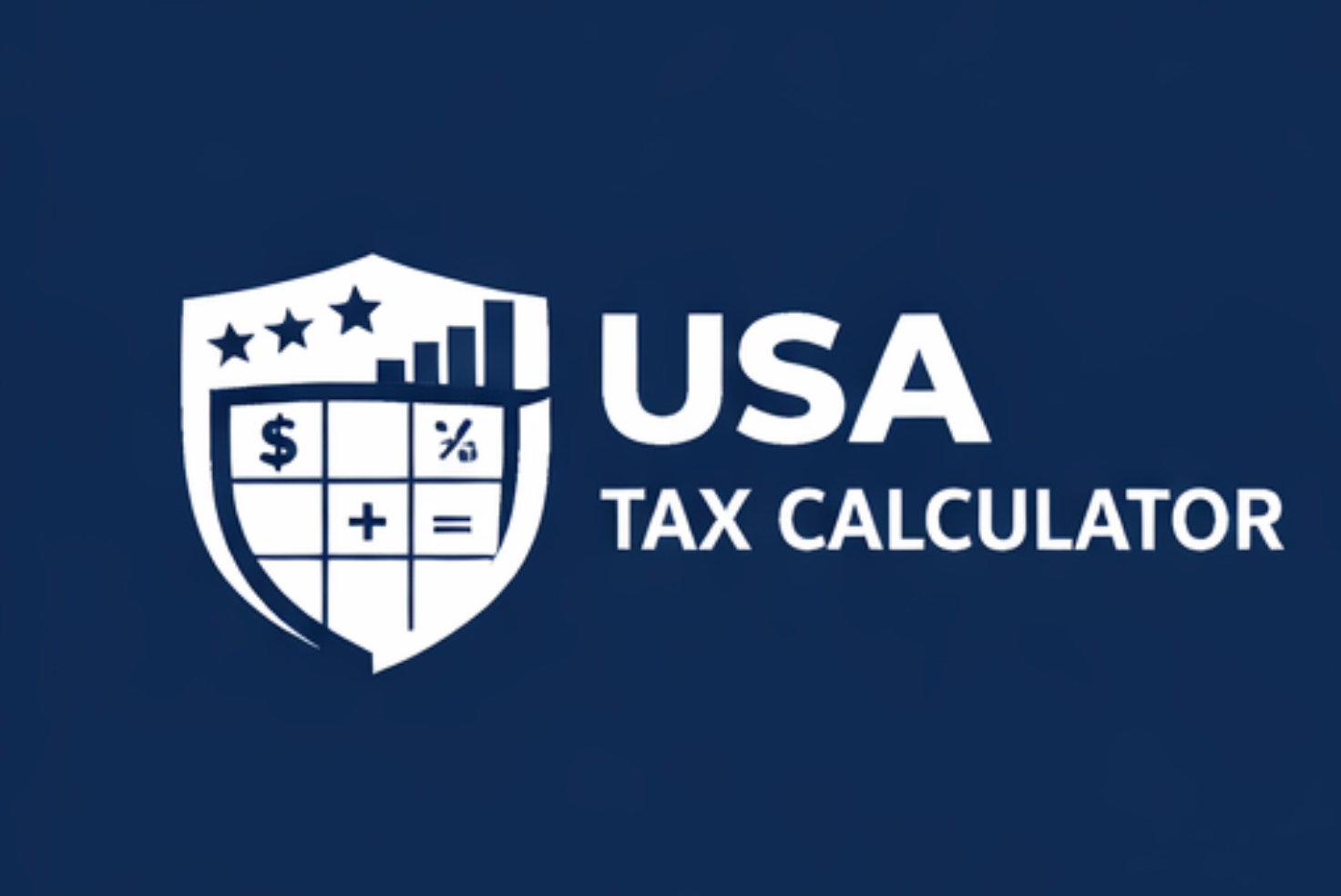Vacation loans—personal loans used to fund trips—are increasingly common as travel costs rise in 2025. While they can help bridge the gap between aspiration and budget, it’s vital to understand their mechanics, tax implications, and responsible usage under evolving financial norms.
Summary
“Vacation loans provide short-term travel funding but require savvy planning to avoid long-term debt.”
Hybrid Structure & 2025 Travel Landscape
- The average U.S. vacation cost per person per week is approximately $2,268 in 2025 up from previous years.
- More broadly, full vacations may average $7,249 per trip amid rising travel expenses.
- With inflation pushing costs up 24–26% and lodging, dining, and entertainment surging, travelers explore vacation loans to make pricey experiences attainable.
Summary
“Soaring travel costs in 2025 are fueling interest in vacation loans among budget-conscious Americans.”
What Are Vacation Loans?
Vacation loans are essentially unsecured personal loans specifically earmarked for travel-related expenses—like flights, lodging, food, and activities.
They function just like any personal loan: you borrow a lump sum and repay via fixed monthly payments over a set term, often with lower interest than credit cards.
Summary
“Vacation loans act like standard personal loans but are tailored for travel expenses.”
You can read our more articles on different topics here:
- Custodial 529 vs Individual 529 Plan vs UGMA/UTMA: What’s the Best Choice for Your Child’s Future?
- how long does an accident stay on your insurance.
- Can I Lease a Car with Bad Credit?
- How to Tell if Your $2 Bills Are Worth Thousands in 2025
- Gap Insurance Florida: All the Information you need
- 12 Hidden Ways to Make $100 Dollars Instantly
- Is Sezzle Safe? Sezzle Buy Now, Pay Later 2025 Review
Are Vacation Loans Tax-Deductible?
- According to IRS guidance and reliable sources like Investopedia, interest on personal loans—for vacations or other personal expenses—is not tax-deductible.
- The Bankrate site confirms that unless the loan is used for business, qualified education, or investment purposes, deductibility is off the table Bankrate.
- Thus, expenses incurred from vacation loans add to cost without any tax relief.
Summary“Interest on vacation loans used for personal trips isn’t tax-deductible under current IRS rules.”
Exceptions & Related Tax Rules
- Home equity loans/HELOCs can carry deductible interest—but only if used for substantial home improvements, not personal travel IRS.
- Loan forgiveness of over $600 may count as taxable income, triggering a 1099-C and tax consequences Bankrate.
- Personal loans serving business, educational, or investment purposes may qualify for deductions—but vacation loans typically do not.
Summary“Unless used for business, home improvement, or educational purposes, vacation loan interest remains non-deductible, and forgiven debt can result in taxable income.”
Pros of Using Vacation Loans
- Predictable Payments: Fixed monthly dues aid budgeting.
- Potentially Lower Rates: May beat high-interest credit cards.
- Immediate Travel: Ideal when saving isn’t feasible and travel is time-sensitive.
Summary“Vacation loans offer fixed payments and lower rates, enabling immediate travel when budget or timing won’t allow cash savings.”
Cons and Risks
- Added Cost from Interest: Makes the trip effectively more expensive.
- Fees: Lenders may charge origination fees, reducing disposable proceeds.
- Long-term Debt: You may pay off a fun trip for months or even years.
- Credit Risk: Late payments can harm credit scores.
- No Tax Break: Unlike mortgage or student loans, vacation loans don’t reduce tax burden.
Summary“Despite benefits, vacation loans increase total cost, risk credit harm, and carry no tax benefit.”
Responsible Use Scenarios
Vacation loans can be justified if:
- It’s unavoidable travel, such as emergency family needs.
- It’s a once-in-a-lifetime event, like a honeymoon, planned within a clear repayment strategy.
But the first best step is to build a dedicated vacation savings fund to avoid debt altogether.
Summary“Vacation loans may be acceptable in emergencies or special events—but building a travel fund is a healthier financial strategy.”
Alternatives to Vacation Loans
- Save Ahead: Use “sinking funds” earmarked for travel.
- Travel Rewards Cards: Earn miles and perks—but pay off balance monthly to avoid interest.
- Group Trips & Off-Season Travel: Share costs or travel off-peak to lower expenses.
- Discount Hunting: Use deal sites, loyalty programs, and timing strategies (e.g., booking May 19–June 8 or August 11–31 for savings).
Summary“Alternatives like saving, using travel rewards, and traveling off-season can avoid debt while reducing vacation costs.”
2025 Tax & Financial Context
- There are no new deductions in 2025 for personal loans used for vacation travel.
- Recent IRS changes allow deductions for vehicle loan interest (2025–28) but not for vacation loans IRS.
- Any personal loan balance forgiven may incur taxation.
Summary“Under 2025 tax law, vacation loans remain non-deductible, unlike new vehicle loan interest deductions, reinforcing the importance of repayment discipline.”
Credible Resources for Further Reading
- IRS.gov for official tax guidance: e.g., Publication 936 and standard deduction rules.
- Investopedia and PenFed for explanations on personal loan deductibility InvestopediaPenFed Credit Union.
- Bankrate for current consumer trends and tax treatment of loans Bankrate.
Conclusion: Smart Use of Vacation Loans
Vacation loans can be a financial tool, but with high costs and no tax benefits, they should be used sparingly and strategically. The smarter path: plan, save, hunt for deals—and when borrowing, do so with a clear repayment timeline and an understanding of tax implications.
Summary
“Vacation loans work—but only when used with discipline, clarity, and full understanding of their financial and tax implications.”
Disclaimer: The tools and content on USATaxCalculator.com are for informational purposes only and do not constitute tax or financial advice. Our calculators provide basic estimates and may not reflect the exact tax results.
We recommend consulting a certified tax professional or the Internal Revenue Service (IRS) for accurate guidance. USATaxCalculator.com is not responsible for any decisions made based on the information provided.



